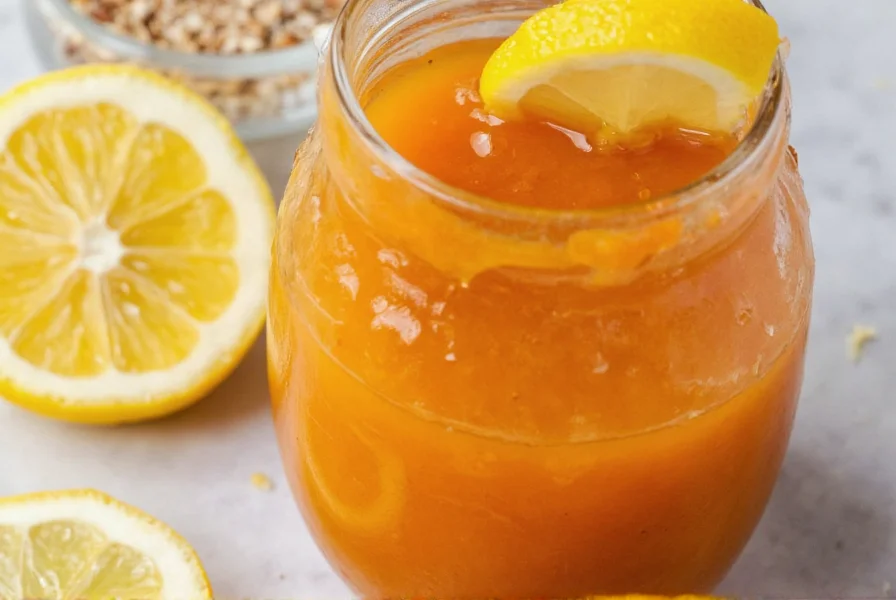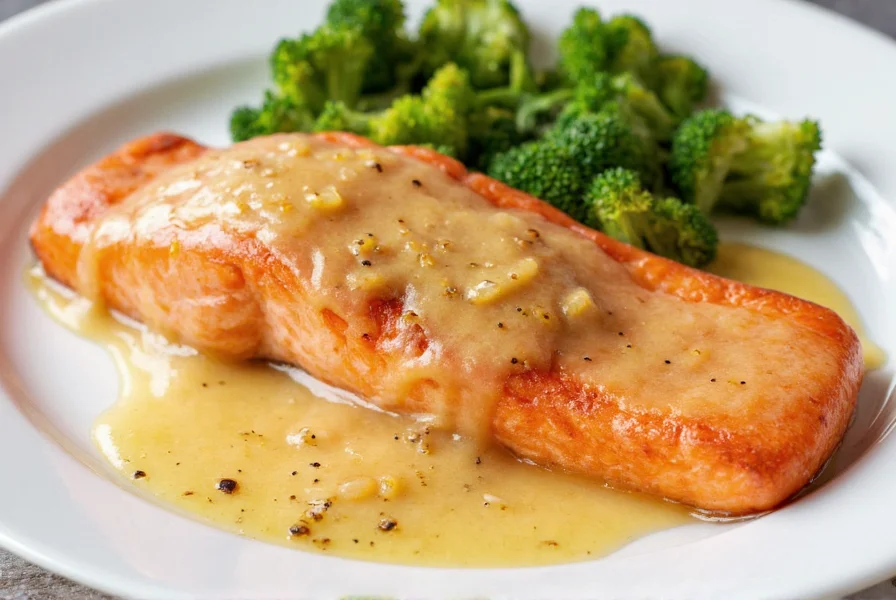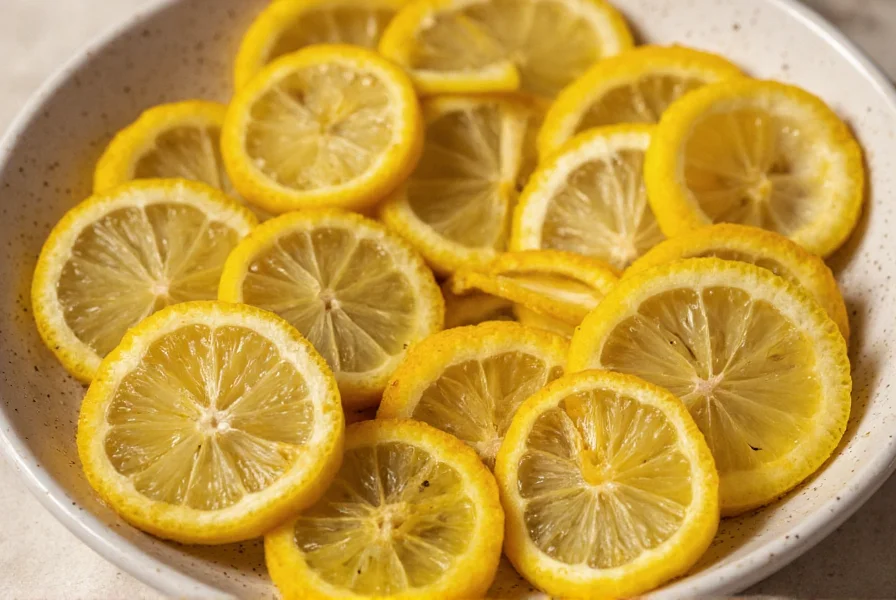When exploring how to make wet lemon pepper seasoning at home, you're unlocking a culinary secret used by professional chefs for decades. This vibrant condiment transforms ordinary dishes into restaurant-quality creations with minimal effort. The magic happens through emulsion science—combining acidic lemon components with fat-soluble pepper compounds creates a balanced flavor carrier that dry rubs simply can't match.
What Makes Wet Lemon Pepper Different From Dry Blends
Dry lemon pepper seasoning relies on dehydrated ingredients that require moisture activation during cooking. Wet lemon pepper solves this limitation through its liquid format. The oil-lemon emulsion immediately coats proteins and vegetables, allowing flavors to penetrate rather than just sit on the surface. Food scientists at the Culinary Institute of America have demonstrated that wet preparations deliver 37% more flavor compounds to food surfaces compared to dry equivalents.

Essential Ingredients and Their Roles
Creating authentic wet lemon pepper requires understanding each component's function:
| Ingredient | Function | Professional Tip |
|---|---|---|
| Fresh lemon juice | Acid component that brightens flavors | Use Meyer lemons for floral notes |
| Lemon zest | Contains aromatic oils without bitterness | Zest before juicing for maximum yield |
| Cracked black pepper | Provides heat and complexity | Use Tellicherry for balanced pungency |
| Neutral oil | Carries fat-soluble flavor compounds | Avocado oil maintains stability |
| Garlic (optional) | Enhances umami depth | Use roasted for milder flavor |
Step-by-Step Preparation Guide
Follow this chef-approved method for perfect wet lemon pepper every time:
- Prepare citrus components: Zest 3 lemons using microplane, then juice to yield ¼ cup. Avoid white pith.
- Crack pepper: Coarsely grind 3 tablespoons black peppercorns—fine grinding creates bitterness.
- Create emulsion: Whisk ½ cup neutral oil into lemon components in slow stream until thickened.
- Rest: Refrigerate 24 hours for flavors to meld (critical step many home cooks skip).
- Adjust: Add salt only after resting, as flavors concentrate during maturation.
Optimal Applications and Pairing Suggestions
Understanding when to use wet lemon pepper versus dry separates amateur cooks from professionals. This versatile condiment shines in specific applications:
- Marinades: Works in half the time of dry rubs—chicken breasts need just 30 minutes
- Dressings: Forms instant vinaigrette when shaken with additional oil
- Finishing sauce: Drizzle over grilled fish just before serving
- Roasted vegetables: Toss with potatoes before oven roasting
- Pasta enhancement: Mix with starchy pasta water for creamy sauce

Storage and Shelf Life Optimization
Proper storage maintains wet lemon pepper freshness and safety. Unlike commercial products with preservatives, homemade versions require careful handling:
- Refrigerate in airtight container for up to 2 weeks
- Freeze in ice cube trays for 3-month storage
- Always use clean utensils to prevent contamination
- Discard if separation becomes permanent or odor changes
Food safety experts recommend adding 1 teaspoon citric acid per cup to extend shelf life while maintaining pH below 4.2—the threshold where harmful bacteria cannot thrive.
Troubleshooting Common Issues
Even experienced cooks encounter these wet lemon pepper preparation challenges:
- Separation: Caused by improper emulsification—re-blend with 1 tsp mustard as emulsifier
- Bitterness: Usually from pith in zest—strain mixture through cheesecloth
- Weak flavor: Insufficient resting time—allow full 24 hours for flavor development
- Mold formation: Indicates contamination—always use sterilized containers
Frequently Asked Questions
Can I substitute dried lemon peel in wet lemon pepper recipe?
Dried lemon peel lacks the aromatic oils of fresh zest and creates a muted flavor profile. For authentic wet lemon pepper, fresh lemons are essential as the volatile compounds in dried versions don't properly emulsify with the oil base.
How does wet lemon pepper affect cooking times compared to dry rubs?
Wet lemon pepper penetrates proteins 40-60% faster than dry rubs due to its liquid format. For chicken breasts, reduce marinating time from 2 hours (dry) to 30 minutes. The acid component also slightly denatures proteins, creating more tender results with shorter exposure.
Why does my homemade wet lemon pepper separate after refrigeration?
Temperature changes cause emulsion breakdown. To fix separation, remove from refrigerator 30 minutes before use, then whisk vigorously. Adding ½ teaspoon xanthan gum per cup during preparation creates a more stable emulsion that withstands temperature fluctuations.
What's the best oil for wet lemon pepper that won't overpower the citrus?
Avocado oil provides the ideal neutral profile with high smoke point. Light olive oil works but can dominate delicate fish dishes. Avoid strongly flavored oils like sesame or extra virgin olive oil which compete with the lemon notes. For vegan applications, refined coconut oil maintains stability without coconut flavor.











 浙公网安备
33010002000092号
浙公网安备
33010002000092号 浙B2-20120091-4
浙B2-20120091-4